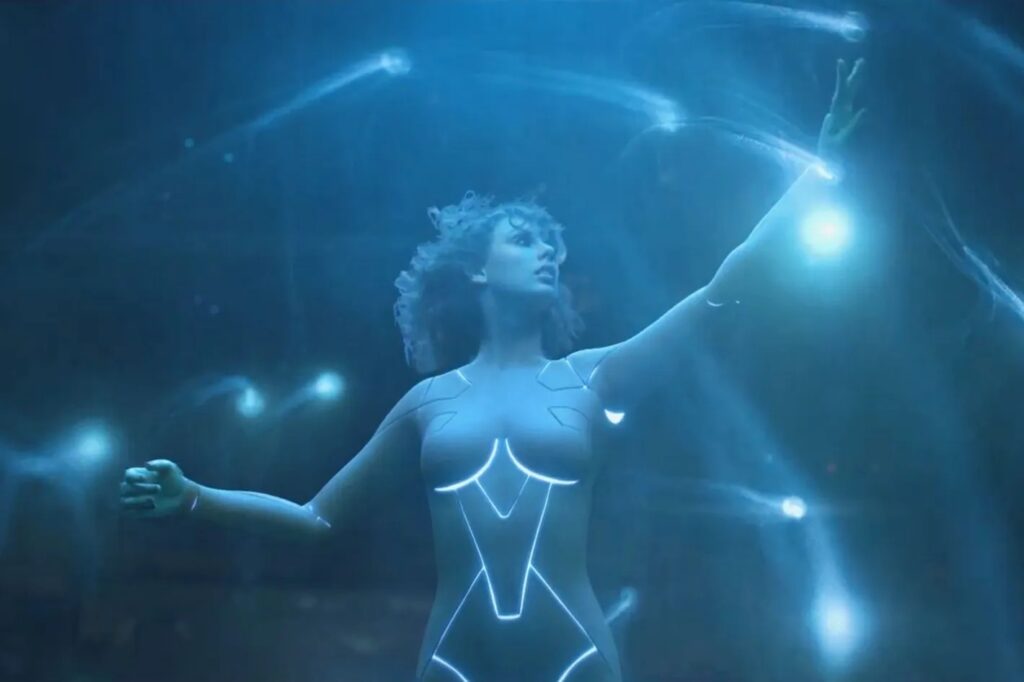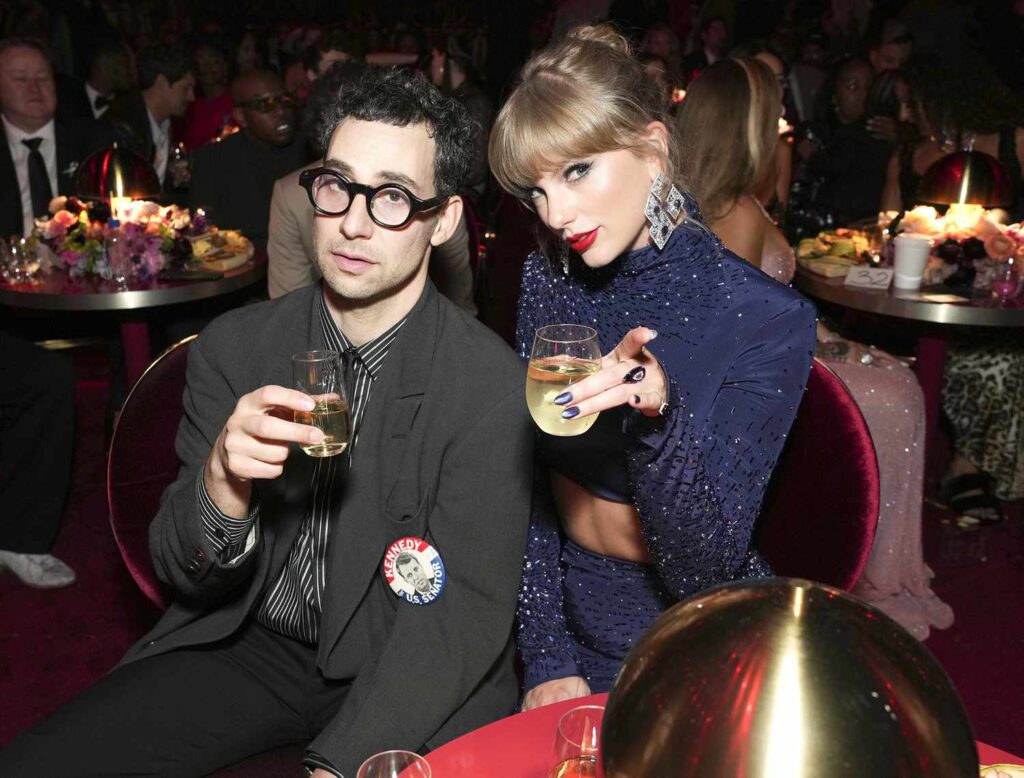
Naked truth: Has Taylor Swift been secretly queerbaiting all along?
Are we ever ready for the seismic waves that icons like Taylor Swift send through the music industry? Just when we thought we had a moment to breathe, the songstress hit us with a blast from the past, shaking up streaming platforms and social feeds alike.
Taylor Swift, the name that’s become synonymous with lyrical storytelling and reclaiming narratives, has done it again with the re-release of 1989 (Taylor’s Version). This isn’t just any album drop; it’s a statement, a reclaiming of creative power that’s got us all in a frenzy. But what does this mean for the industry, the fans, and the notion of artistic ownership? Let’s get to the naked truth of the matter.
The Power of Reclamation
Taylor’s journey to 1989 (Taylor’s Version) is nothing short of a saga. Picture this: It’s 2019, and the airwaves are abuzz with the news that Scooter Braun has acquired Big Machine Label Group. The price tag? A cool $330 million.
What does this mean for our blonde songbird? She’s locked out from the profits of her own tunes. Fast forward, and Taylor’s fighting back, note by note, lyric by lyric. This isn’t just about music; it’s about control, and Taylor’s making it clear she’s the one calling the shots.
But the impact of this re-release isn’t just felt in the boardrooms or courtrooms. It’s causing ripples through the digital world too. The moment 1989 (Taylor’s Version) hit Apple Music, the platform felt the Swift effect, buckling under the weight of eager fans clamoring for a piece of musical history.

A Note from the Heart
If Taylor’s music is a diary, then her handwritten note to the Swifties is the key. With a series of beachy snaps as a backdrop, Taylor pens a message that’s both a thank you and a rallying cry.
She was ‘born in 1989, reinvented in 2014, and reclaimed in 2023’. If that doesn’t encapsulate the journey of an artist in the modern age, what does? Each snap, each word, is a chapter in the narrative of an artist who has grown up in the spotlight and is determined to shine on her own terms.
And let’s talk about the aesthetics. Taylor, donning a classic white tank top and blue jeans combo, is the picture of laid-back chic. She’s not just walking on the beach; she’s walking through memories, through battles fought and won, through a career that’s as much about the music as it is about the message.
The snapshots aren’t just promotional materials; they’re windows into the soul of an album that’s been waiting to be heard—again, but on Taylor’s terms.

A Sonic Revolution
1989 was the soundtrack of a generation, and the Taylor’s Version is like reopening a time capsule, only to find it glittering with new treasures.
The album that sold over ten million copies worldwide isn’t just being re-released; it’s being reborn with five new tracks that promise to add depth to the already iconic collection. It’s a testament to Taylor’s relentless creativity and her commitment to giving her fans not just what they want, but what they didn’t know they needed.
What’s particularly striking is the candidness with which Taylor addresses queerbaiting in her prologue.
In a world where every interaction is scrutinized, she’s faced accusations and assumptions. With unflinching honesty, she confronts the public’s obsession with sexualizing her friendships and the relentless scrutiny that comes with fame. It’s a bold move, one that’s sure to ignite conversations and maybe, just maybe, lead to a shift in how we view celebrities and their personal lives.

The Verdict Is In
The re-release isn’t just making waves; it’s setting records. Swifties are a force to be reckoned with, and their live tweets about the album are a testament to the fervor that Taylor inspires.
From the raw energy of “Slut!” to the aching melodies of “Is It Over Now?,” every track is a journey through the past with a sound that’s thoroughly now. And as fans dissect every lyric, every note, the album becomes more than just songs; it’s a collective experience, a shared moment in time that’s as poignant as it is powerful.
Yet, amid the excitement, there’s a tinge of wistfulness. Fans speculated about a possible feature from Harry Styles on “Style”, a move that would have been a poetic full circle. Alas, it wasn’t to be. But even without this, 1989 (Taylor’s Version) stands as a testament to Taylor’s evolution as an artist and the unwavering support of her fans.



